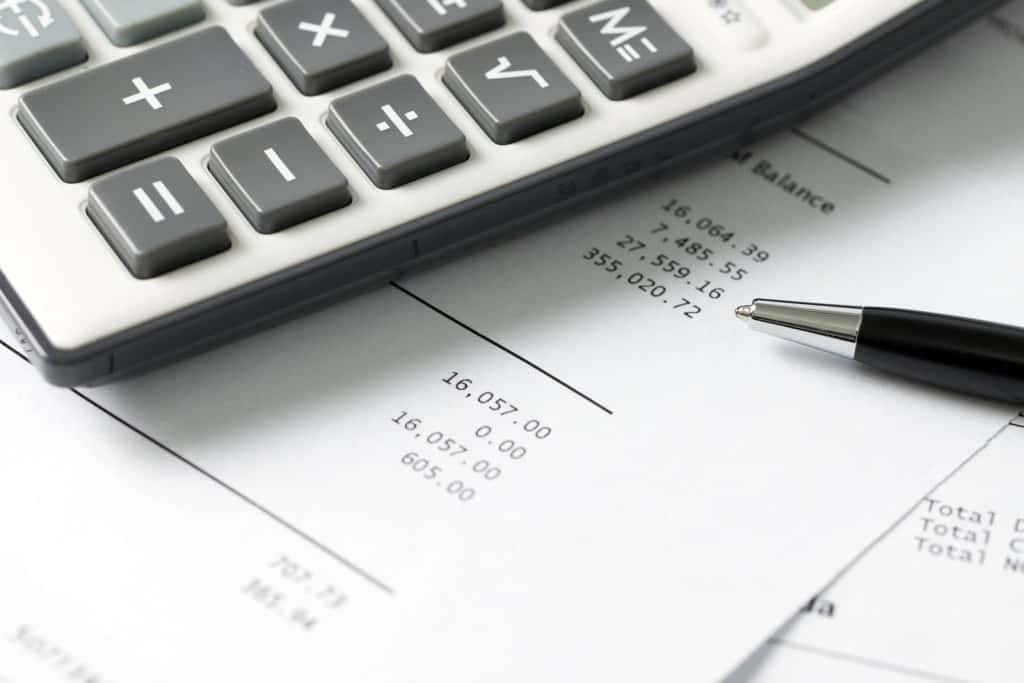If you don’t know what surplus income in bankruptcy is don’t feel that you aren’t as smart as the next person because most people don’t know what it means or how it is even possible. We hope this short video will explain things easier for you.
[monkeytools msnip=”http://monkeyplayr.com/playr.php?u=5173&p=20577″]
We have previously written about surplus income in bankruptcy in our blogs:
- CAN YOU REALLY HAVE SURPLUS INCOME IF YOU’RE BANKRUPT?
- BANKRUPTCY FAQ CANADA
- WHAT CAN I DEDUCT FOR SURPLUS INCOME IN BANKRUPTCY?
On the list of items that generally seems to be difficult for many individuals to understand is how there can be surplus income in bankruptcy. The reason for the confusion is because it has nothing to do with the normal usage of the word “surplus”, being “more than what is needed or used; excess”.
What is surplus income in bankruptcy?
Within a personal bankruptcy, the context is a measure of what a bankrupt has to pay to the Trustee month-to-month. It is one of the aims of the Canadian bankruptcy system to balance the discharge of one’s personal debt with the expectation of the creditors that they should be paid.
To allow Canadians to keep a basic standard of living during the personal bankruptcy procedure, the government features collection thresholds on income (after income tax as well as certain deductions) meant to enable the bankrupt to keep a basic standard of living while contributing an amount to the Trustee for the benefit of his or her creditors.
Exactly how is the surplus income in bankruptcy payment determined?
The surplus income payment is determined according to a prescribed surplus income calculation mandated by the federal government, without any distinction for the area somebody lives in. To learn exactly what your surplus income in bankruptcy obligation would be, if any, you need to speak to a Trustee.
Surplus income in bankruptcy thresholds are structured based on national “poverty line” stats and the thresholds are set regardless of what part of the country or city that you live in. Surplus income in bankruptcy has nothing to do with what you have left over in funds every month. It is a federal solution which takes your monthly after-tax wages or salary, allows for a specific number of non-discretionary expenses, and takes into account your family size. Your Trustee then inputs this information into the government mandated formula, to calculate your surplus income in bankruptcy obligation.
If you have too much debt, contact us
If you are an individual or company who needs to free themselves from the stress and strain of too much debt, and especially if you have been told your situation is hopeless, Ira Smith Trustee & Receiver Inc. can prepare and carry out the plan made just for you, to free you from the burden of your financial challenges to go on to live a productive, stress-free, financially sound life.
If you’re experiencing serious debt issues with the CRA, or for any reason, contact a professional trustee for a free, no obligation consultation. The Ira Smith Team does not try to write new insolvency law or tax law. Rather, we will evaluate your situation within the existing statutes, and help you to arrive at the best possible solution for your problems, whether that solution is a bankruptcy alternative like credit counselling, debt consolidation or a consumer proposal. Starting Over, Starting Now you can be debt free with the help of a professional, licensed trustee in bankruptcy. Contact us today.

